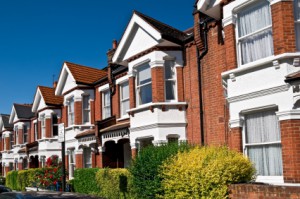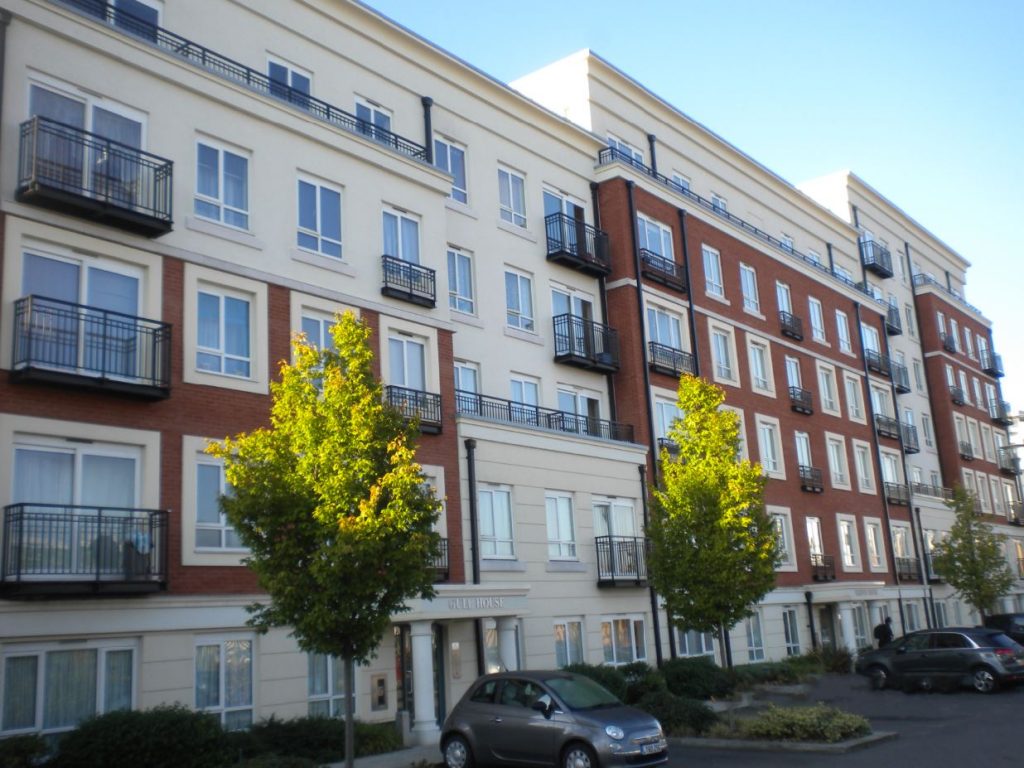As a Landlord you have a legal responsibility to ensure the health and safety of your tenant and to keep the property safe and free from health hazards.
 The Law and You
The Law and You
You qualify as a Landlord if you rent out a property, or even a room, you own under a lease, licence or contract that is shorter than seven years.
The Risks
A Landlord should attempt to control the risk by putting in place simple, proportionate and appropriate control measures.
The HSE and local authority will not proactively inspect domestic properties for evidence a risk assessment has been completed – HOWEVER if a tenant was found to have contracted Legionnaires’ Disease from the water system then the Landlord may be liable under the HWSA and would have to demonstrate to a court that they have fulfilled their legal duty.
A ‘reasonably foreseeable’ risk of exposure to Legionella bacteria exists in many systems, specifically hot and cold water systems which would be found in a rental property.
 Risk Assessment:
Risk Assessment:
The HSE ACoP L8 2013 states:
- Risk assessments must be suitable and sufficient, identifying and assessing the risk of exposure to legionella bacteria from water systems on the premises.
- The risk assessment must show what has got to be done to control the risk and how often these tasks are to be completed.
- The assessment must be carried out by a competent persons and include identification and evaluation of potential sources of risk
The HSG 274 Part 2 Guidance 2013 helps to highlight the responsibility of the Landlord:
- It states that a Landlord has a legal duty to ensure that the risk of exposure to legionella is properly assessed and controlled.
- The management contract should clearly specify who has responsibility for maintenance and safety checks, including managing the risk of Legionella. Where no such contract exists, the duty is placed on whoever has control over the premises and the water system.
- Landlords should inform tenants of the potential risk of Legionella and advise of any finding resulting in the risk assessment. Subsequently the tenant should inform the Landlord of any problems within the water system.
- Simple measures can help to manage the risk to exposure:
- Prior to letting, the system should be flushed
- Any measures to avoid debris entering the system
- Setting control parameters
- Making sure redundant pipework is removed
- Advise tenants to regularly to clean and disinfect the showerheads.
- A landlord needs to take careful consideration when a property is unoccupied for a short period. It is important to avoid the water becoming stagnant, to lessen the risk of Legionella bacteria growing. As a general principle, the HSG 274 state that hot and cold water systems should be used at least once a week to maintain water flow and avoid stagnation.
- If a property is left void then consideration should be given to a clean and disinfection of the water system.
DCS can conduct a Landlords Risk Assessment on any water system.
The Risk Assessment will highlight the hazards against the risk. DCS will follow to concepts:
- ‘so far as reasonably practicable’
This will outweigh the time, trouble, cost and difficulty of the tasks to avoid the risks. - ‘so far as practicable’
This is stricter and states what is technically possible in the light of the knowledge.
DCS consider the individuals that may be exposed to the systems, including visitors, maintenance and high risk individuals. Our knowledge of all water systems will allow the Risk Assessment to be completed to a very high standard and enables the Landlord to know they are being guided in a professional way.

DCS already have in place the necessary site risk assessment to cover working at height etc. Our Legionella Risk Assessment will give clear instructions as to what is required, within what time frame, how often and who is responsible for the action. Recommendation will be given to record all checks, findings and activities taken by the landlord and/or professional visitors.
